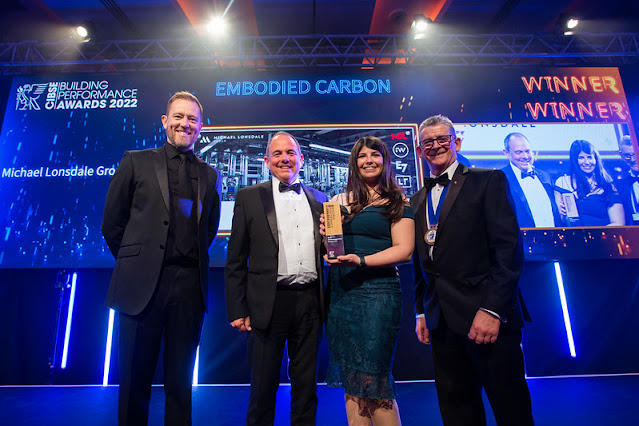Richard Holmes, the Low Carbon Consultant Building Design trainer
"Questions and queries allow a trainer to get a sense of how well the course is going and if anything needs to be reinforced or added." - Richard Holmes
Tell us a little about yourself
Richard Holmes: I started my environmental journey in 1989 when I enrolled on a degree course in “Science and The Environment”.
After the course I was lucky enough to get some voluntary work with a local environmental charity leading to a job working in energy and carbon issues for Leicester City Council, which was part of the Energy Saving Trust Advice Network and a European Energy Agency. I loved it! I ran various advice and communication projects, working with the media and raising the profile of energy issues, while trialling ideas as pilot projects similar to what would become Smart Meters, EPCs, retrofit and green design etc.
I gained an MSc in Energy & Sustainable Development in 1997, specialising in energy use and modelling of buildings. Since 2006 I have been self employed as a consultant and trainer, mainly in energy and carbon issues in buildings and organisations.
I have delivered training courses and presentations for various clients and have worked as a University lecturer in a Business School and School of Architecture.
I am a Chartered Environmentalist and CIBSE Low Carbon Consultant for design and operation of buildings.
What do you enjoy most about being a CIBSE trainer?
RH: I enjoy helping trainees take their current knowledge and interest and see how it influences other aspects of building design and operation. I also love meeting new people and learning from their experience in the industry.
Do you encounter any challenges as a trainer?
RH: The first thing to realise on a training course is that no trainer has all the knowledge and experience of their trainees. I love being asked questions and getting that interaction on a training course.
What is your favourite part about your topic area?
RH: I like how the courses bring together various aspects of design and operations of buildings.
This can really help us think beyond the limits of our own involvement and consider how it impacts on others. I.e. how does the work of a building services engineer interact with the physical form of the building and the end users.
Why do you think that it’s important that building services professionals keep up with their professional development?
RH: This is a very fast moving industry. Regulations evolve quite quickly, as do the technologies available to us.
Now, more than ever, we need to make use of new approaches and technologies and that is unlikely to happen without keeping regularly up to date with developments.
If you could go back to your younger self when you started working in building services, what advice would you give yourself or would you try to change some of the decisions and actions done then?
RH: Communication is everything! We may know what our intentions are with building design, but it is so important that others understand our intentions and how to act upon them. Keeping the end user in mind throughout will make the difference between a successful or unsuccessful design.
What would you tell someone who is just about to start or consider working in building services?
RH: Go for it! Your skills will be much in demand in the coming years and you can feel that you are having a positive impact on changing things for the better.
Discover more about Low Carbon Consultant Building Design
Interested in becoming a CIBSE Trainer? View your benefits and apply now

.jpg)







Comments
Post a Comment